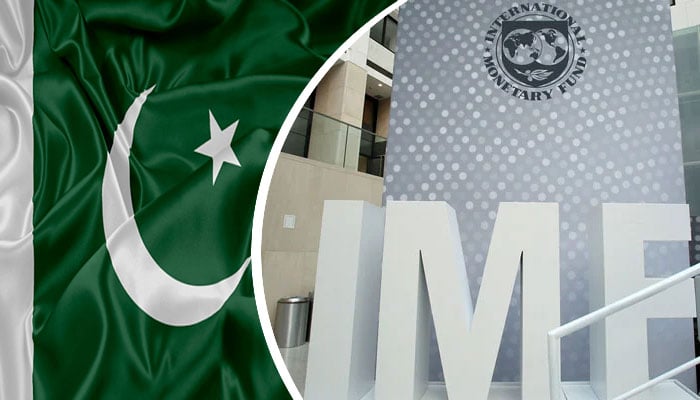Nasir Khan
The persistently high gross financing needs pose a significant threat to Pakistan’s economy, undermining the government’s efforts to maintain recently achieved stability. This year, the government must secure Rs32 trillion to refinance maturing loans and cover the fiscal deficit.
A major challenge lies in managing external debt repayments, which has delayed the IMF board meeting despite reaching a Staff-Level Agreement (SLA). Initially, the finance minister was confident that the IMF board would approve Pakistan’s program in August 2024. However, the board’s schedule for the rest of the month does not include this matter. Now, the minister asserts that approval will come in September.
Recently, the finance minister sought assistance from China, Saudi Arabia, and the UAE to extend some debts, including safe deposits, for four years. This move aims to shift away from annual rollovers, improve debt maturity, and boost credit ratings. Despite his optimism, sources reveal that China has yet to respond.
The IMF meeting delay stems from the need for assurances on the gross financing requirement gap, which is around $2 billion for FY25 (with $1.1 billion to $1.2 billion already secured through a deferred oil facility from Saudi Arabia). The remaining $3 billion in soft commitments for FY26 and FY27 is still pending.
Government officials are downplaying the gap, claiming they have the necessary financing and are merely negotiating terms. However, the prolonged negotiations raise concerns about the real benefits of slightly lower costs when the delays are eroding confidence.
There is a growing perception that the authorities are not being fully transparent, possibly even concealing facts, which is fueling the rumor mill. The harsh reality is that last year’s optimistic expectations of securing around $100 billion in investment have now been replaced by the current struggle to bridge a gap of over one billion dollars. This shortfall is stalling the much-needed International Monetary Fund (IMF) program.
Pl, subscribe to the YouTube channel of republicpolicy.com
This situation also raises questions about the assumptions made by the IMF regarding debt sustainability. If the government is finding it difficult to secure $2 billion in financial assurances for the fiscal year 2025, how realistic is the assumption of $7-8 billion in private credit inflows for the same year? Critics are increasingly questioning the government’s performance, particularly that of the finance minister, who was expected to leverage his distinguished banking career and relationships to improve foreign funding.
The bottom line is that delays in the IMF program and the lack of foreign investment and loans are weakening the government. Commentators are becoming increasingly critical, and the government is growing desperate. Rumors of a technocratic government are gaining traction.
In response, the government is resorting to short-term measures and budget adjustments. Initially, the federal government announced a three-month subsidy for households consuming below 200 units of electricity. Subsequently, the Punjab government announced a similar subsidy for households consuming 200-500 units for two months, with calls for the federal government to extend this subsidy to the rest of the country.
On the taxation front, silent changes to the measures and methods for retailers are causing concern within the business community.
The perception of a weakening government appears to be pushing it toward populist measures, such as unnecessary subsidies, which could have fiscal implications and negatively impact macroeconomic stability. More importantly, this situation suggests a deviation from the power sector reforms agreed upon in the Memorandum of Economic and Financial Policies (MEFP) with the IMF.
Pakistan’s political history is filled with poor decisions made by weak, outgoing governments. The country cannot afford to repeat these mistakes. The government needs to be transparent, address the financial shortfalls, and firmly implement fiscal measures. If not, the increasing uncertainty in the coming months could lead to significant damage. As the saying goes, “A stitch in time saves nine,” but only if you take action promptly.
















